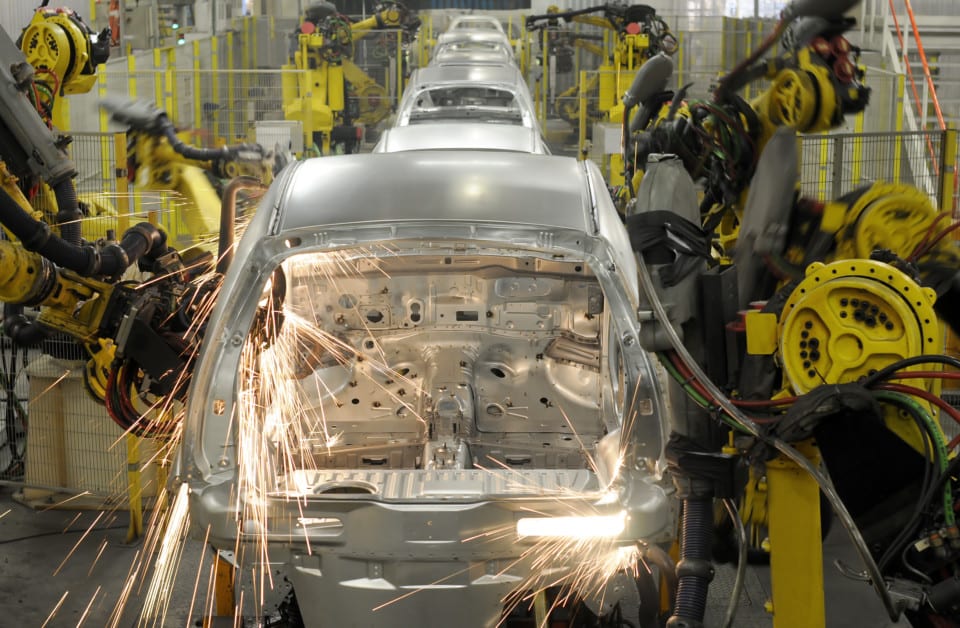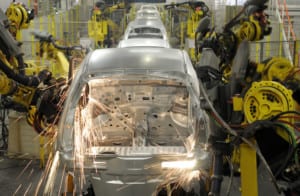January 05, 2021


Since March, the world has rapidly adapted to a transformed way of working, including the automotive industry. As the future of work takes shape, it will definitely not be business as usual. “The workplace you left is not the workplace you’re returning to,” said Kiersten Robinson, Ford’s Chief Human Resources Officer.
The last eight months have showcased the benefits of remote working for both the business and associates. The business can accommodate a mobile, dispersed, easily accessible workforce that allows both fixed and variable cost savings (e.g., office space, travel allowance). Employees can be more flexible and customize their schedule, reducing commute time and costs.
However, a dichotomy exists in the automotive workforce regarding the nature of work. Some jobs require an associate to be physically present on company property while others can be accomplished virtually. Even jobs that can be done remotely may require limited time in office. As such, auto manufacturers are exploring options such as “hoteling,” “flex desks,” or the reservation of office space as needed.
“We are currently living much of the new norm for many employees, especially employees who spend the majority of their time interfacing and collaborating on computers,” relayed Charlie Ackerman, Bosch’s Senior Vice President of Human Resources, North America. “Let’s face it! Employee expectations for economic survival and the continued COVID restrictions are forces reshaping our paradigms about work. Therefore, we must develop a new mindset and culture about “going to work”. Today’s technology eliminates most, if not all, barriers whereby we can work from anywhere or choose a job that offers the ability to work from anywhere.”
Another factor to consider is how to provide and maintain a sense of belonging, community and connectedness for a remote workforce. Original equipment manufacturers and automotive suppliers alike are sharing best practices on effective virtual onboarding, communication and team bonding.
“At Cooper Standard, we connect with employees at all levels of the organization and stages of their employment,” shared Larry Ott, Chief Human Resources Officer. “We publish monthly communications from our CEO and global functions, as well as hold regular virtual townhall meetings. We offer two-way communication opportunities such as our ‘You Talk We Listen’ events and actively seek questions from employees to ensure an ongoing open dialogue. Our Cooper Standard University also reinforces our learning culture and offers opportunities for information sharing and continuous improvement.”
As the automotive industry adjusts to the future of work alongside other manufacturing industries, it is shedding its long-standing perception as a slow-moving behemoth in the name of innovation and flexibility. The future of work as a remote workforce will aid in the automotive industry’s fight for critical talent.
References:
Contributed by: Ford, Cooper Standard and Bosch